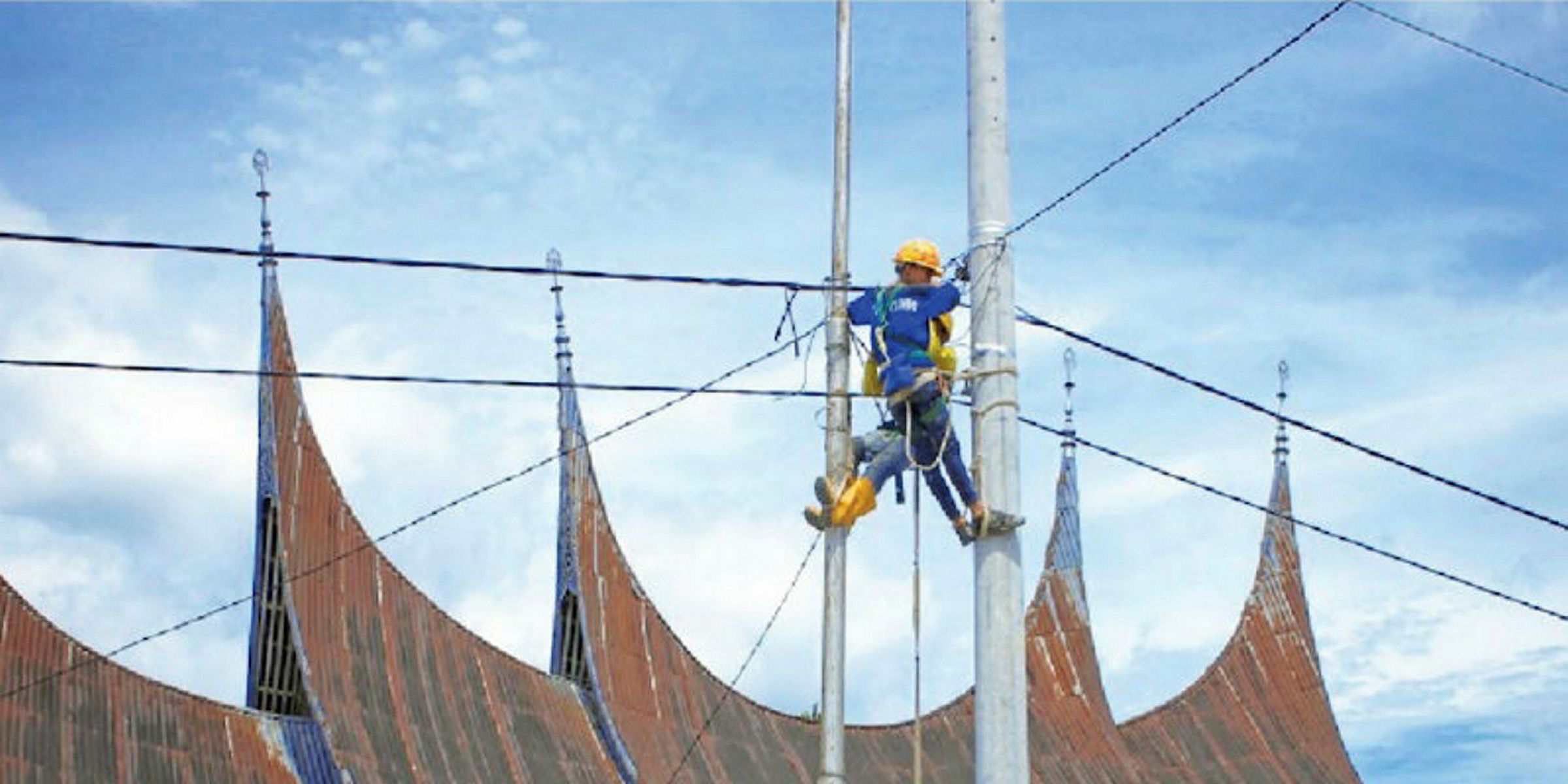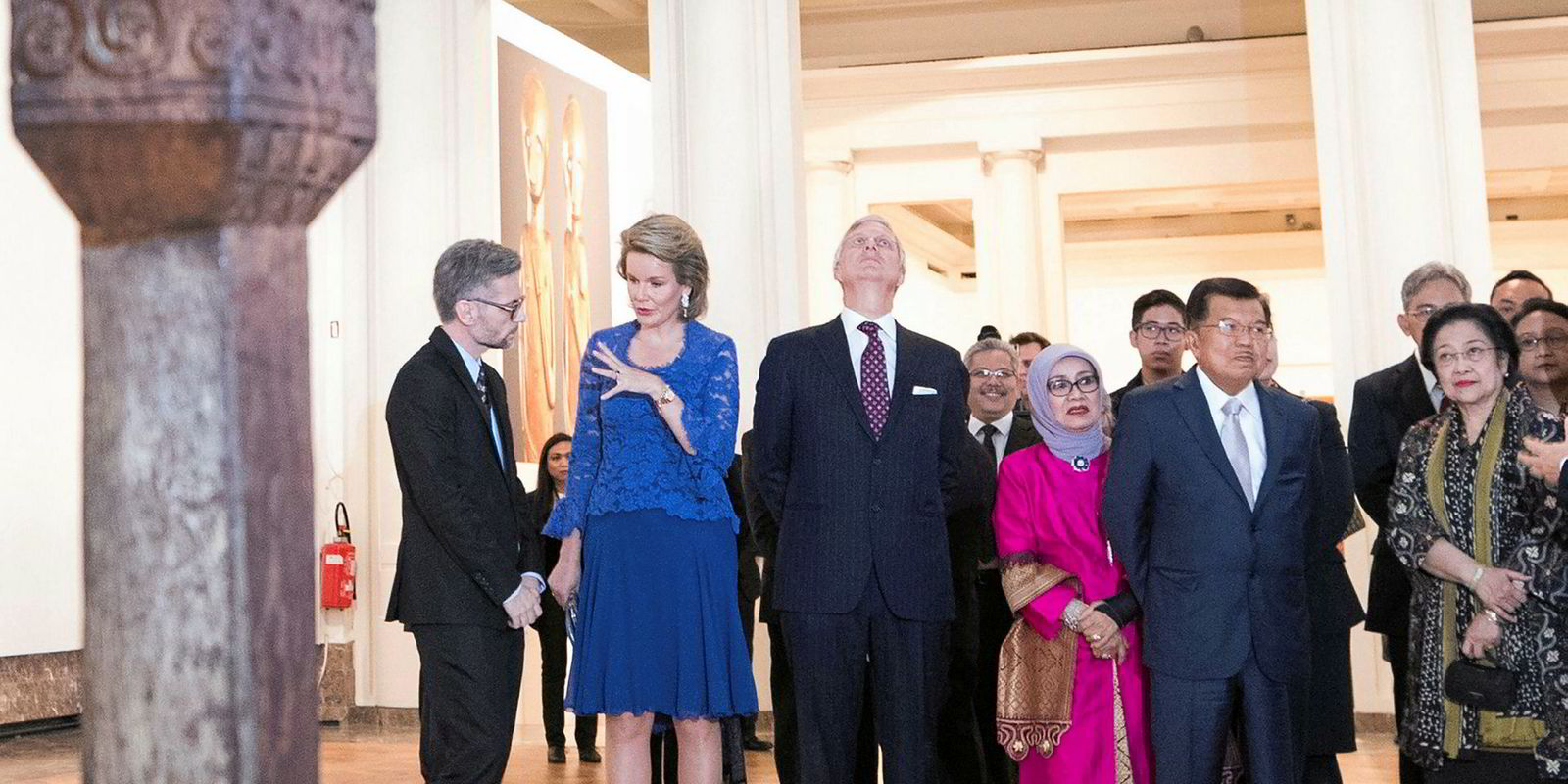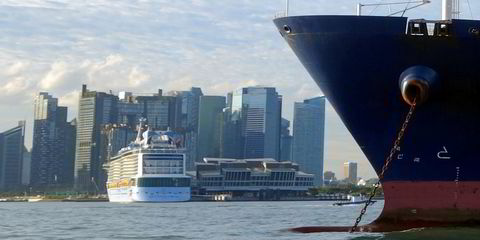Belgian shipowner Exmar has lost its exclusivity on the job of providing a floating storage and regasification unit for Indonesia’s huge $2bn Java-1 independent power project.
Sources working closely with the project said Exmar’s agreement with the consortium of Indonesian energy company Pertamina, Japan’s Sojitz Corp and trader Marubeni, which will be the charterers of the FSRU, expired at the end of last year.
They indicate that Exmar, which teamed up with Indonesian shipowner Humpuss Intermoda Transportasi in 2017 to work on the Java-1 job, is now out of the project for which it was originally selected. But the Belgian outfit is said to be engaged in legal wrangles with the project’s partners.
Exmar did not respond to requests for comment and clarification on its situation regarding Java-1.
In October last year, TradeWinds reported that MOL was a possible contender to step into the role of FSRU provider for Java-1.
But MOL officials declined to comment on the project.
Forward movement
The consortium partners for Java-1 have already moved ahead with the project's FSRU newbuilding.
At the start of the fourth quarter of 2017, South Korea's Samsung Heavy Industries announced it had won a KRW 250bn ($221m) order from a Japanese-led consortium to supply a 170,000-cbm FSRU to an Indonesian power plant project.
No ownership structure for the vessel was announced and, with the final investment decision not yet reached on the overall power plant project, some industry observers questioned the status of the order.
Those following the business said money has been paid to SHI to reserve a berth slot, but the order awaits final confirmation.
Under a power purchase agreement signed in early 2017, Pertamina, Sojitz and Marubeni were contracted on a build-own-operate-transfer basis to develop the 1,760-MW gas-turbine, combined-cycle Java-1 plant in Karawang, West Java. The companies work together as Jawa Satu Power.
The project, which has suffered several delays, will use an FSRU taken on charter for 25 years and delivered six months ahead of a planned start-up in 2021. It will be supplied with LNG from BP’s Tangguh LNG project in Indonesia.





